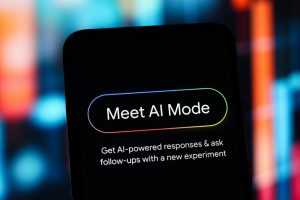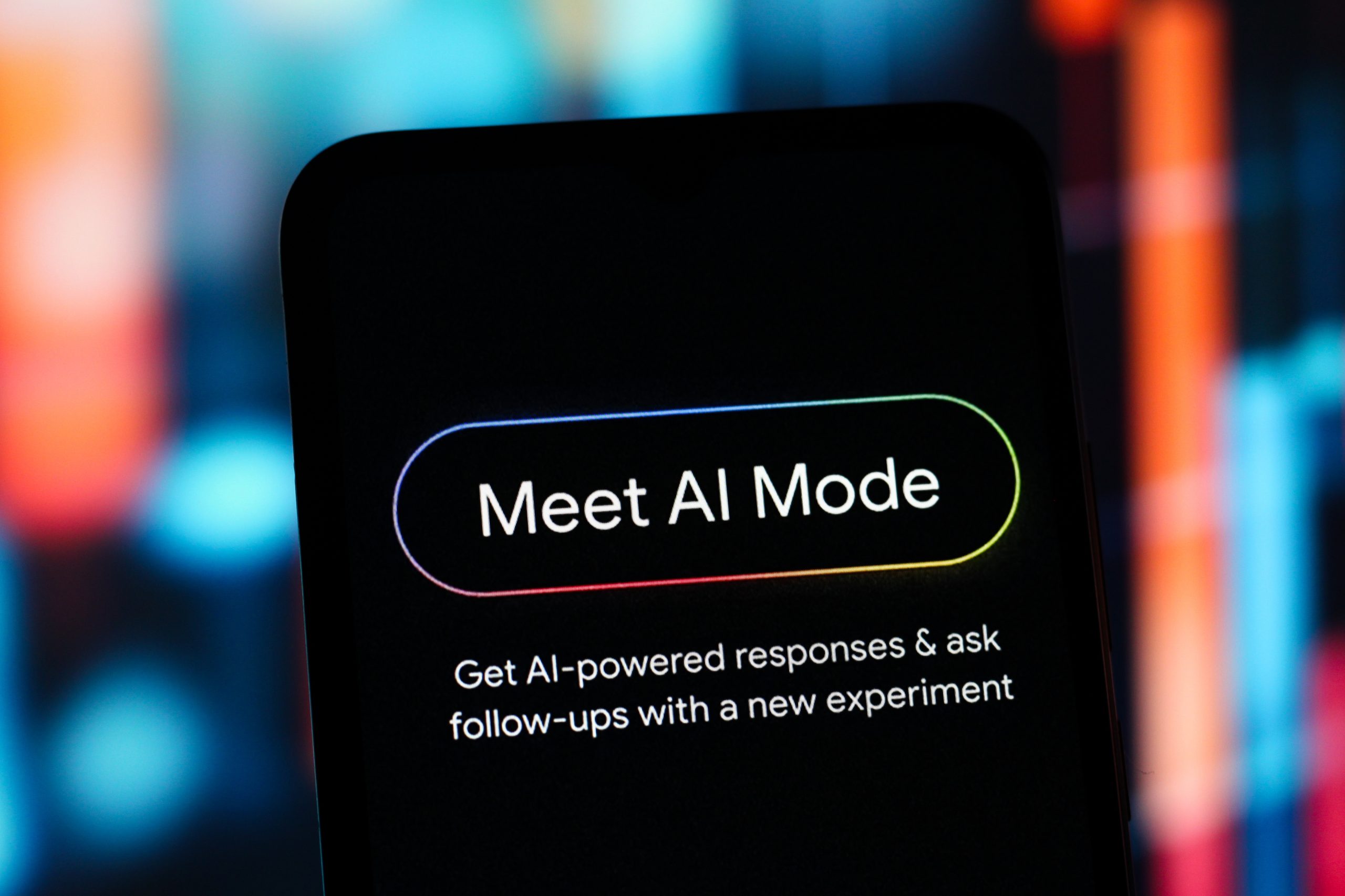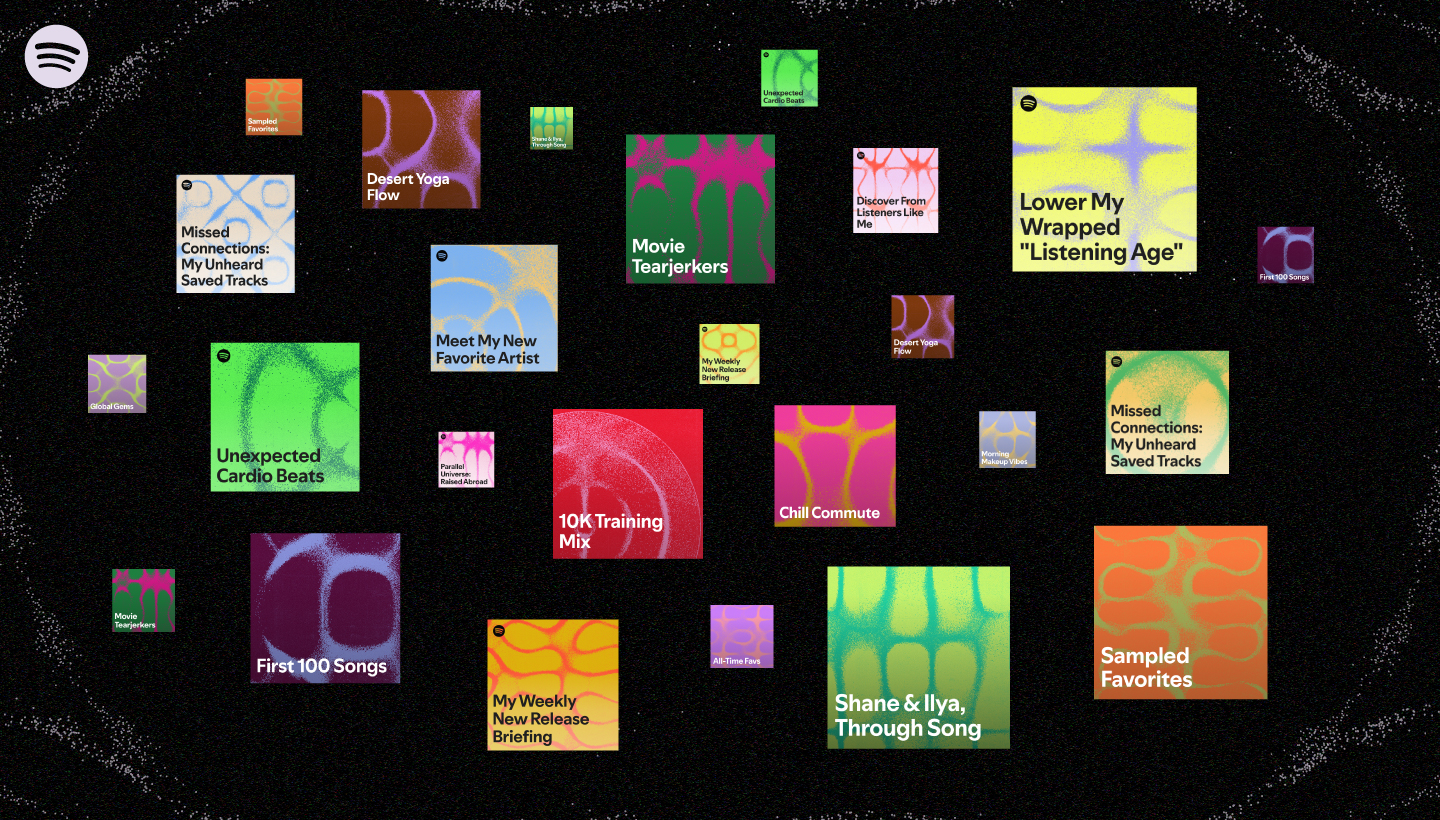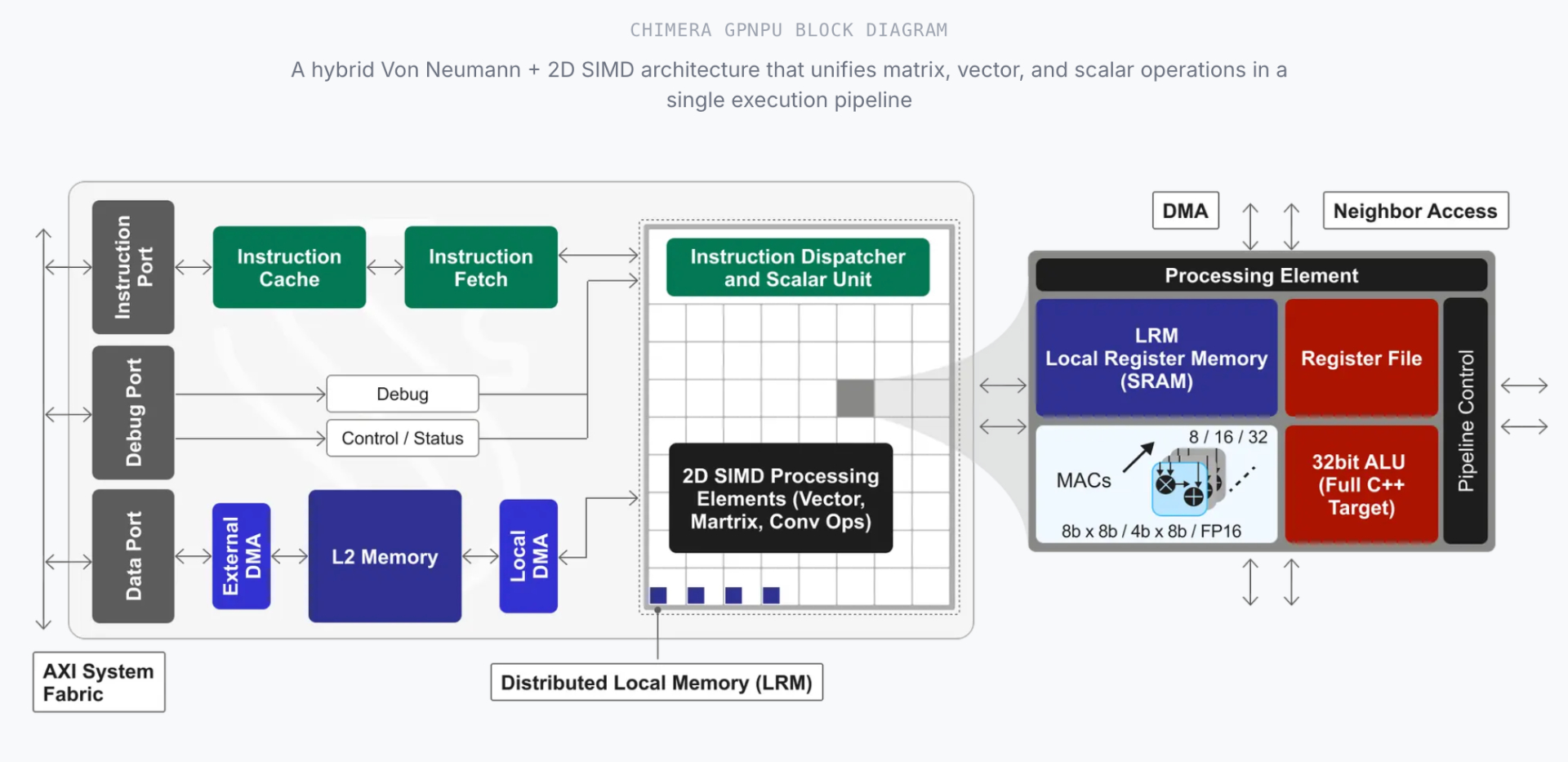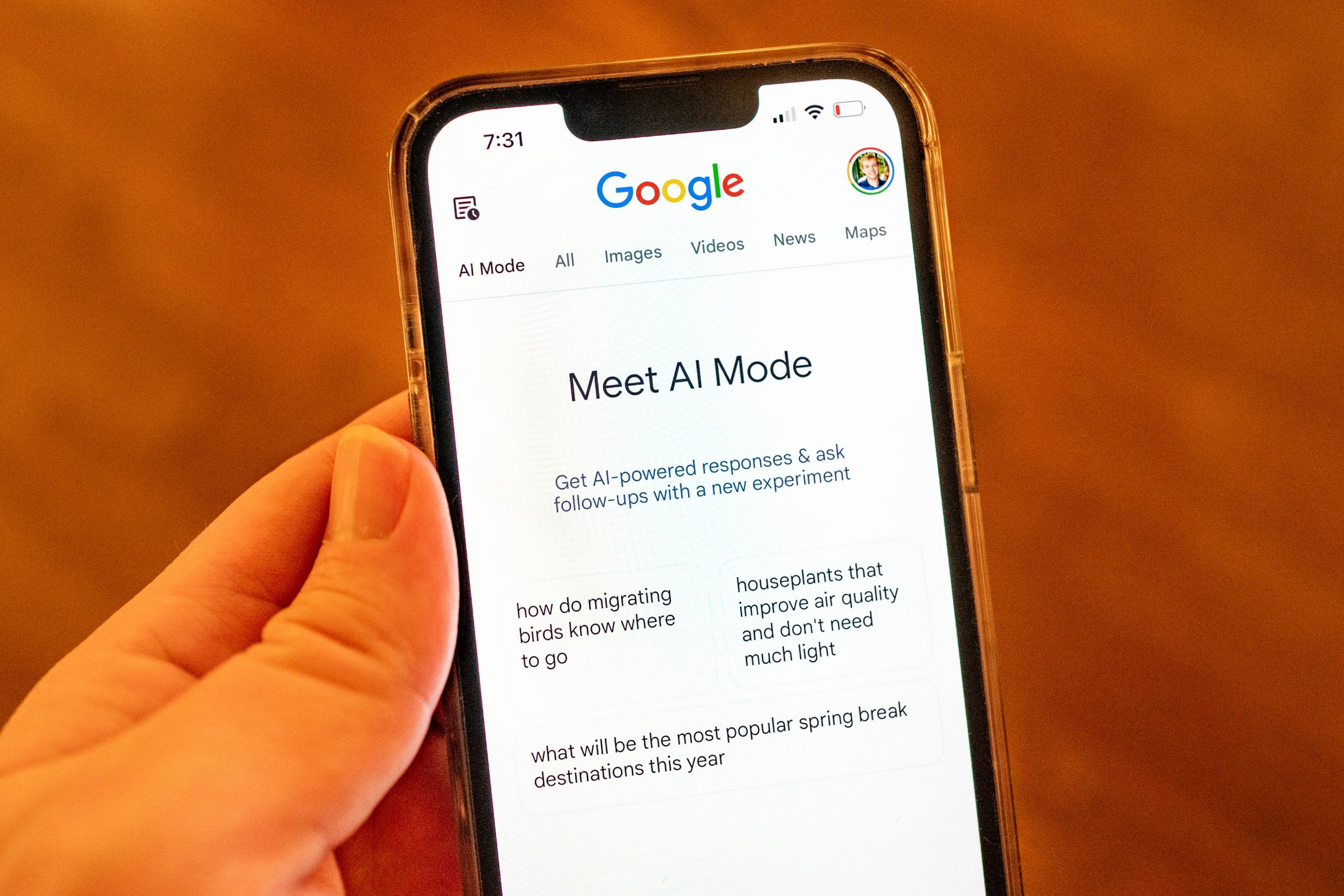
Google has significantly expanded the transactional capabilities of its AI Mode, an advanced feature within Search, by integrating new "agentic" functions designed to streamline the booking of event tickets and beauty or wellness appointments. This development, announced recently, marks another step in the tech giant’s strategy to transform its search engine from a mere information retrieval tool into a proactive, intelligent assistant capable of executing complex tasks on behalf of its users.
The enhanced AI Mode allows users to articulate multi-faceted requests in natural language, such as "find me two affordable standing floor tickets for the upcoming Shaboozey concert" or "book a deep tissue massage for me next Tuesday afternoon." The underlying artificial intelligence then processes these requests, autonomously searches across various online platforms, compiles relevant options, and presents a curated list to the user. Once a selection is made, the system provides a direct link to the booking or purchase page, facilitating the final transaction. This suite of new features is currently accessible to users enrolled in Google’s experimental Search Labs program within the United States, with subscribers to Google AI Pro and Ultra tiers benefiting from higher usage limits.
The Dawn of Agentic AI in Search
The concept of "agentic AI" represents a paradigm shift from conventional AI assistants. While traditional assistants primarily respond to direct commands and provide information, agentic AI systems are designed to understand complex goals, break them down into sub-tasks, and execute those tasks independently, often across multiple digital environments. This involves not just finding information but acting upon it, making decisions, and interacting with other services to achieve an objective. For Google, integrating agentic capabilities into Search signifies a strategic pivot, moving beyond simply organizing the world’s information to actively helping users navigate and interact with it in a more profound way.
This evolution is not sudden but rather a culmination of years of research and development in artificial intelligence. Historically, search engines have aimed to provide the most relevant links or snippets of information. The advent of large language models (LLMs) like Google’s own Gemini has enabled conversational interfaces that can understand nuanced queries and generate comprehensive responses. AI Mode, initially launched in March 2025, was Google’s direct response to the rising popularity of conversational AI platforms such as OpenAI’s ChatGPT Search and Perplexity AI, which offered more interactive and context-aware search experiences. Its initial promise was to allow users to ask complex, multi-part questions and delve deeper into topics directly within the search interface, moving beyond simple keyword matching.
A Phased Rollout of Autonomous Functions
The expansion of AI Mode’s agentic functions has followed a deliberate timeline, illustrating Google’s methodical approach to integrating advanced AI into its core product. The first significant step in this direction occurred in August, when Google introduced the ability for AI Mode to handle restaurant reservations. Users could specify preferences like party size, date, time, location, and even cuisine type, prompting AI Mode to scour various reservation platforms for real-time availability and present tailored dining options. This initial foray into transactional capabilities served as a critical testbed for user interaction, system reliability, and integration with third-party services.
Prior to these booking capabilities, AI Mode had already received other functional enhancements. In July, for instance, Google introduced a "Canvas" feature, designed to help users organize information, build study plans, or manage projects over multiple sessions within a side panel. Concurrently, AI Mode gained integration with Google Lens, allowing users to ask questions about content directly displayed on their desktop screens, further blurring the lines between passive observation and active inquiry. The latest additions—event ticket and beauty/wellness appointment bookings—represent a significant leap in the system’s ability to engage with the real world on behalf of the user, expanding its utility from information organization to direct action.
Market Implications and Competitive Landscape
The introduction of agentic booking capabilities by Google carries substantial implications for various market sectors. Online ticketing platforms like Ticketmaster, Live Nation, and numerous independent event sites, as well as beauty and wellness booking services such as SalonInteractive, Vagaro, or Mindbody, could experience significant shifts. Google’s AI Mode has the potential to become a primary gateway for these transactions, potentially disintermediating existing platforms by aggregating options directly within its search interface. While Google currently links users to the booking page for finalization, the long-term vision could involve more deeply integrated, in-app transaction capabilities, further consolidating its position as a central hub for consumer activity.
This move also intensifies the competition among tech giants vying for dominance in the AI-powered assistant space. Microsoft, with its integration of Copilot into Windows and Edge, and Amazon with its Alexa ecosystem, are also pushing their AI capabilities towards more proactive and transactional functions. Google’s advantage lies in its pervasive Search platform, which millions already use daily. By embedding advanced AI directly into Search, Google leverages existing user habits and a vast data infrastructure to offer a seamless transition from information discovery to task completion. The challenge for Google will be to maintain a balance between providing convenience and ensuring a fair, open ecosystem for businesses that rely on its search traffic. Concerns around potential anti-competitive practices, where Google’s own services might be favored in AI-generated recommendations, are likely to arise and will require careful navigation.
Social Impact and User Experience
From a social perspective, the expanded agentic capabilities promise unparalleled convenience. The ability to articulate complex requests and have an AI agent autonomously sift through options, compare prices, and prepare a booking could save users significant time and mental effort. This convenience could particularly benefit individuals with busy schedules, those who find online booking processes cumbersome, or people with accessibility needs who struggle with multiple website interfaces. The vision is to reduce the friction inherent in modern digital life, making everyday tasks feel more effortless.
However, this increased autonomy also introduces new considerations regarding user experience and trust. While AI Mode aims for efficiency, the system’s "early experiment" disclaimer highlights potential for errors. An AI making a mistake in booking dates, seat preferences, or service types could lead to frustration and inconvenience. Users will need to develop a new kind of trust in their digital assistants, relying on them not just for information but for critical decision-making and transaction execution. Issues such as data privacy, how user preferences and historical data are leveraged, and the transparency of the AI’s decision-making process will also be paramount. For example, will the AI prioritize the cheapest option, the most convenient, or a provider with whom Google has a commercial relationship? Clear communication and user control over these parameters will be essential for widespread adoption.
Analytical Commentary and Future Outlook
Google’s foray into agentic capabilities represents a strategic evolution that could redefine the very nature of online search. By moving from "answers" to "actions," Google aims to keep users within its ecosystem for longer, transforming Search into a comprehensive personal agent. This move aligns with a broader trend in AI development, where models are becoming more proactive, capable of planning, reasoning, and interacting with external tools to achieve user goals.
The success of this initiative will hinge on several factors: the accuracy and reliability of the AI in handling complex, real-world tasks; its ability to seamlessly integrate with a multitude of third-party services; and Google’s approach to user trust and transparency. If the AI consistently delivers accurate, personalized, and efficient results, it could fundamentally alter how people interact with the internet for transactional purposes. However, if the system frequently errs or is perceived as biased, user adoption could be slow, undermining Google’s ambitious vision.
Looking ahead, the expansion of agentic capabilities is likely to continue, potentially encompassing travel planning, financial management, personal shopping, and more intricate scheduling tasks. The line between a search engine, a digital assistant, and a personal concierge will increasingly blur. This ongoing evolution suggests a future where artificial intelligence does not merely provide information but actively participates in shaping and managing our digital and physical lives, presenting both immense opportunities for convenience and complex challenges for technology providers and society alike. As Google continues to refine AI Mode, its trajectory will offer a compelling case study in the transformative power and inherent complexities of advanced AI integration into daily life.

